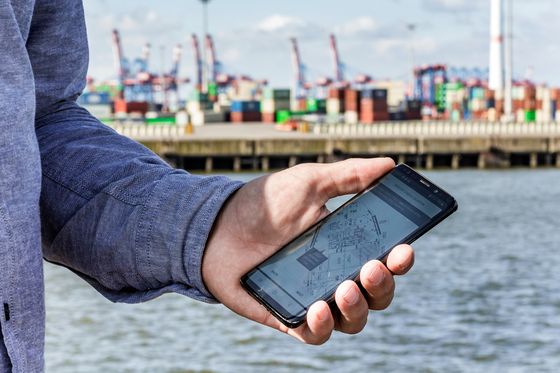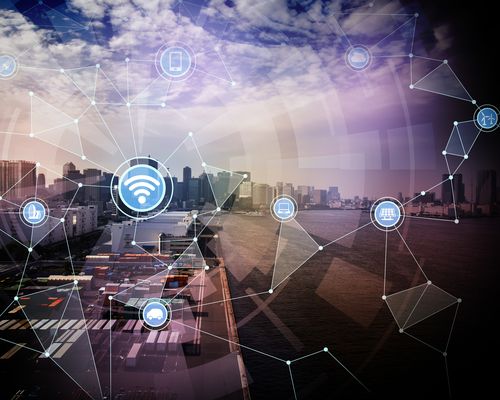NautilusLog is finalising the new ISO Standard 4891: Smart Applications for Ships
The new ISO standard 4891 for smart applications in ships and marine technology was developed with a strong customer-centric approach. NautilusLog, one of the German partners in the I2PANEMA project, recognised the need for standardisation in the maritime industry and sought feedback from users through extensive interviews. This standard will establish a common framework and a set of guidelines for developing, testing and integrating smart applications that can operate together seamlessly.

NautilusLog had already been working on standardisation since 2017 and joined forces with other partners in the I2PANEMA project in 2018 to create this new ISO standard. After an intensive process of groundwork and discovery in 2020, a new project was approved and registered in the TC/TS work programme. The working group even embarked on international trips that spanned continents, both onshore and onboard, to experience the daily work and ensure that the standard created would be useful and efficient. In the discovery phase, the project group was aware that the market needed standardisation and that they needed to hear users’ feedback. Many interviews were held to find out how smart applications can contribute to the maritime industry.
The standardisation process focused on establishing a common framework and guidelines for developing, testing and integrating smart applications to improve the interoperability of different systems. With the increasing adoption of smart technology in the maritime industry, ISO 4891 will enable efficient communication and data exchange between various smart applications, leading to enhanced safety, efficiency and sustainability of shipping operations. The project group aimed to explore new topics and models to keep the standards up to date and relevant for the market. By adopting a customercentric approach, ISO 4891 is designed to meet the needs of users and promote digital transformation in the maritime industry.
Currently the standard is fully written and now closed for voting and awaiting approval; the final publication and review stages are the next steps in its implementation. Once approved, the new standard will provide a common framework and guidelines for the development and integration of smart applications, enabling efficient communication and data exchange between different systems. The future of digital transformation in the maritime industry looks promising with the adoption of this standard from ship to shore.
More information
Related projects
I2PANEMA
Intelligent IoT-based Port Artefacts Communication, Administration & Maintenance


